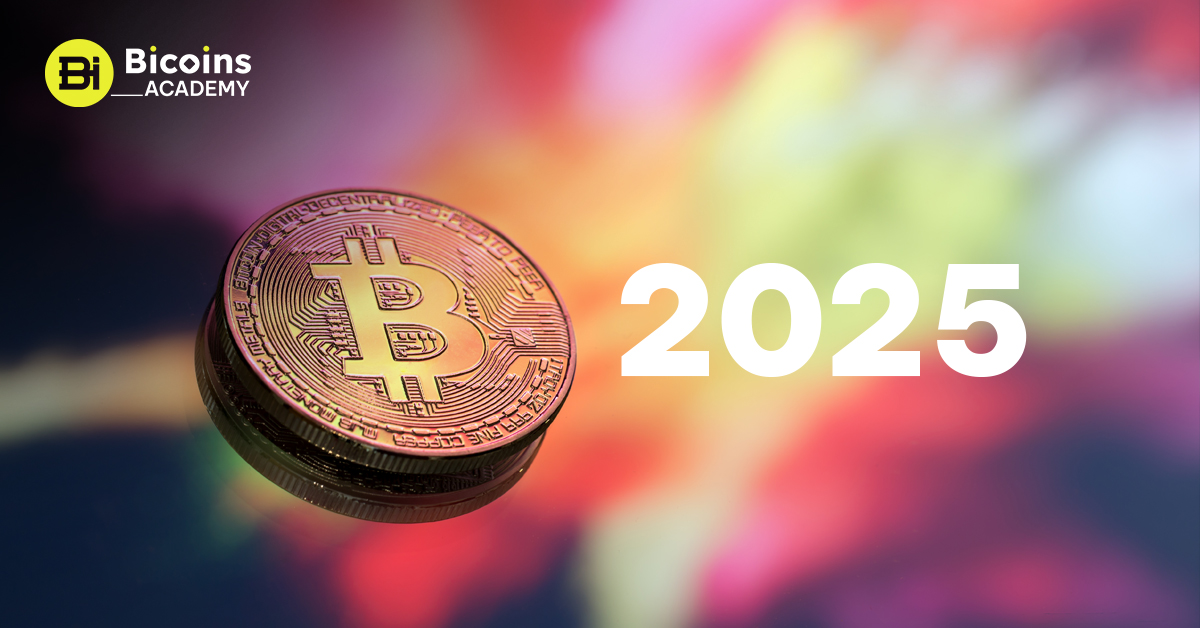As we approach 2025, Bitcoin continues to garner attention, leaving both enthusiasts and skeptics pondering its future. Is Bitcoin merely a currency for transactions, a commodity for investment, or an underlying infrastructure for a new digital economy? Understanding the potential roles of Bitcoin is crucial not just for investors but also for businesses, especially in emerging sectors like aquaculture and the broader tech landscape.
Understanding Bitcoin and Its Evolution
Bitcoin, the first decentralized digital currency, was created in 2009 by an anonymous entity known as Satoshi Nakamoto. It operates on a technology called blockchain, which is a distributed ledger system that records all transactions in a secure and transparent manner. Each transaction is grouped into blocks that are linked together, forming a chain. This method of recording allows users to verify transactions without needing a third party, such as banks.
Since its inception, Bitcoin has evolved significantly. In the early years, it was primarily used for peer-to-peer transactions. However, as its value surged, it became viewed as a speculative asset or commodity. By 2025, we may witness a further transformation of Bitcoin as it takes on new roles within the financial ecosystem.
H2: Bitcoin as Currency
Bitcoin’s original vision was that of a currency — a means of transferring value from one person to another without intermediaries. In countries experiencing hyperinflation, like Venezuela, Bitcoin has emerged as a practical alternative for everyday transactions. By 2025, it is expected that cryptocurrency payment systems will be more widely integrated into both online and brick-and-mortar stores.
H3: The Rise of Bitcoin Payment Systems
Various platforms have sprung up to facilitate Bitcoin transactions, and many businesses are beginning to adopt Bitcoin as a payment method. For instance, companies like Overstock and Newegg accept Bitcoin directly for products, while others use payment processors such as BitPay.
In Vietnam, the government’s ongoing discussions about cryptocurrency regulation may soon allow local companies to explore Bitcoin payments, fostering wider acceptance among both merchants and consumers.
H2: Bitcoin as Commodity
Financial experts often refer to Bitcoin as “digital gold,” highlighting its scarcity and store-of-value properties. With its maximum supply capped at 21 million coins, Bitcoin has started to be adopted as an alternative investment vehicle — similar to precious metals. Holding Bitcoin is increasingly seen as a hedge against inflation, particularly in unpredictable economic times.
H3: Institutional Adoption and its Impact
By 2025, a considerable number of institutional investors may allocate a portion of their portfolios to Bitcoin. Companies such as MicroStrategy and Tesla already hold substantial Bitcoin reserves. Furthermore, Bitcoin exchange-traded funds (ETFs) are expected to become more prevalent, making it easier for traditional investors to gain exposure to this digital asset.
H2: Bitcoin as Infrastructure
Moving beyond the realms of currency and commodity, Bitcoin has the potential to serve as an essential infrastructure element for the emerging digital economy. Its ability to enable smart contracts allows for automated agreements on a blockchain, making processes more efficient and secure.
H3: Blockchain and Beyond
Bitcoin’s underlying technology can support various applications, including Web3, which aims to decentralize the internet, providing users with greater control over their data. Additionally, as the Internet of Things (IoT) expands, Bitcoin can offer secure and efficient transaction methods, enabling devices to transact autonomously. For instance, in aquaculture, IoT sensors could trigger automatic payments through Bitcoin to suppliers or service providers based on pre-defined conditions and agreements.
Conclusion: Embracing the Future of Bitcoin
As we stand on the brink of 2025, Bitcoin’s potential roles as a currency, commodity, and infrastructure component will likely coexist, influencing various sectors and reshaping how we perceive and interact with money. For businesses in Vietnam and beyond, understanding and potentially adopting Bitcoin could be imperative in navigating the fast-evolving financial landscape. The implications of Bitcoin’s evolution are immense, and its acceptance may be a key factor driving the future of commerce, investment, and digital interactions worldwide.
Harnessing the power of Bitcoin may empower even small to medium-sized enterprises (SMEs) to innovate and compete on a global scale. As we look toward the future, the call to action is clear: engage with the technology, educate yourself, and remain adaptable to the advancements that lie ahead.






